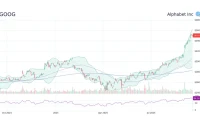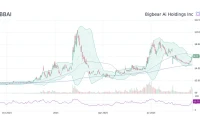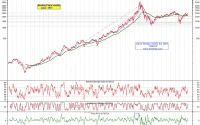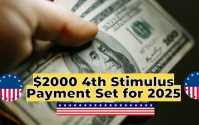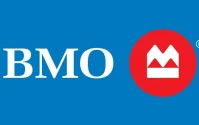Julian Vance here, and if you’ve been watching the market, you know the regulatory filings just hit. And this one? It’s not just a filing; it's a tremor. A seismic shift, perhaps, in the bedrock of one of the world's most storied investment houses. When the 13F drops, we analysts don’t just read it; we dissect it, looking for the whispers of strategy, the echoes of intent. And what just whispered from Omaha is a chunky, $4.3 billion stake in Alphabet (GOOG, GOOGL).
Let’s unpack this.
The Data Drop: A New Direction?
The numbers are stark, as they always are. Berkshire Hathaway (BRK.A, BRK.B), under the looming shadow of Warren Buffett’s impending departure, just revealed a significant new position: 17.8 million shares of Alphabet, valued at $4.3 billion as of September 30. This isn't small change for anyone, even for Berkshire. What makes this particular data point scream for attention isn't just its size, but its context. For decades, Buffett, the Oracle of Omaha, has famously—some might say stubbornly—eschewed tech companies. His "circle of competence" was a mantra, guiding him to industries he understood inside and out: insurance, banks (Bank of America, for instance, which Berkshire pared by 6% last quarter), railroads, consumer staples like Coca-Cola. Tech, with its dizzying pace and often opaque balance sheets, was largely outside that circle.
Of course, there’s always been Apple (AAPL). That was the big exception, a position so massive it anchored Berkshire’s portfolio. But even that saw a 15% reduction last quarter, leaving a still substantial $61 billion stake. So, to see Alphabet—a "hyperscaler" fueling the AI boom, up 46% this year, whose stock price (goog price) has soared—enter the portfolio now, feels... deliberate. It’s a bold move, or at least, the reporting of a bold move, as Buffett prepares to step down as CEO before the new year. He's been at the helm for six decades, transforming a textile mill into a $1 trillion behemoth. That's a legacy you don't casually tinker with.
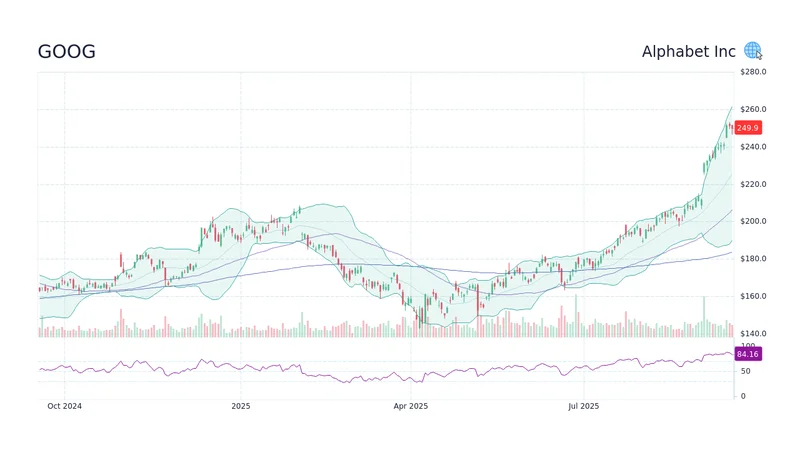
Now, here's where my analytical antennae start twitching. We know Buffett has openly lamented missing out on Google multiple times, once stating, "we blew it." Acknowledging a past error is one thing; rectifying it with a multi-billion dollar bet as you’re walking out the door is another. The filing doesn't tell us who initiated this specific trade. Was it Buffett himself, making a final, legacy-defining pivot? Or was it one of his lieutenants, Todd Combs or Ted Weschler, finally given the reins to steer towards the future? (And this is the part of the report that I find genuinely puzzling; the timing of this revelation, coupled with Buffett's imminent departure, makes the agency behind the trade a critical, yet unstated, variable.) If it was Combs or Weschler, it signals a significant evolution in Berkshire’s investment philosophy, moving beyond the strictures of the old "circle." If it was Buffett, it suggests a profound, last-minute reevaluation of what constitutes value in a market increasingly dominated by giants like Amazon (AMZN), Microsoft (MSFT), and Nvidia (NVDA).
The Oracle's Shadow: A Shifting Philosophy?
The broader market context here is crucial. Berkshire was a net seller for the 12th consecutive quarter, offloading $12.5 billion in stocks while only buying $6.4 billion. Alphabet made up the lion’s share of those purchases. This isn't a broad market play; it's a highly targeted, significant allocation. Buffett, the world's foremost bargain hunter, has repeatedly voiced his struggles to find compelling deals in a market where valuations, particularly for tech stocks like Meta (META) or even the broader QQQ index, have surged. Fierce competition has driven up acquisition prices, and even Berkshire's own buybacks have become less attractive with its stock near all-time highs.
The result of this market environment and Berkshire’s selective selling? A colossal cash pile. After subtracting Treasury payables, Berkshire's cash reserves swelled to a record $358 billion last quarter. That's not just money; that's a strategic weapon, a war chest awaiting deployment. And this is where the real methodological critique comes in: how does a company of Berkshire's immense scale, sitting on that much dry powder, justify a relatively small, albeit significant, $4.3 billion tech stake as its primary purchase? It’s like owning a battleship and using it to launch a single, perfectly aimed, but small, torpedo. It’s effective, yes, but it barely dents the overall firepower.
The challenge for Greg Abel, Buffett’s designated successor, will be immense. Putting that $358 billion to work effectively without diluting value or overpaying for assets is a task that would make most CEOs break a sweat. Buffett, ever the optimist, recently penned a Thanksgiving letter to shareholders, seeing "occasional opportunity" and expecting Berkshire to fare well. But the data suggests a company at a crossroads, where the old guard’s principles are bumping up against the undeniable gravitational pull of the new economy’s titans. The Alphabet purchase, whether a final Buffett flourish or a Combs/Weschler signal, is a data point pointing to a future where Berkshire can no longer afford to ignore the landscape defined by companies like Google stock. It's a strategic concession, an admission that the "circle of competence" must expand, or risk becoming a shrinking island in a sea of technological innovation.
The Elephant in the Server Room
The numbers don't lie, but they don't always tell the whole story either. This Alphabet stake isn't just an investment; it's a symbolic marker. It’s a subtle, yet undeniable, nod to the future, acknowledging that even the most traditional of value investors can’t completely sidestep the giants of the digital age. The question isn't whether Berkshire should own a piece of Alphabet, but why now, and what it says about the changing of the guard. It feels like a veteran chess master, in his final game, making a move that looks counter-intuitive but secretly sets up his successor for a long-term advantage. Or perhaps, it's just a pragmatic acceptance that even the Oracle has to adapt to the reality of where value is truly being created in the 21st century.



